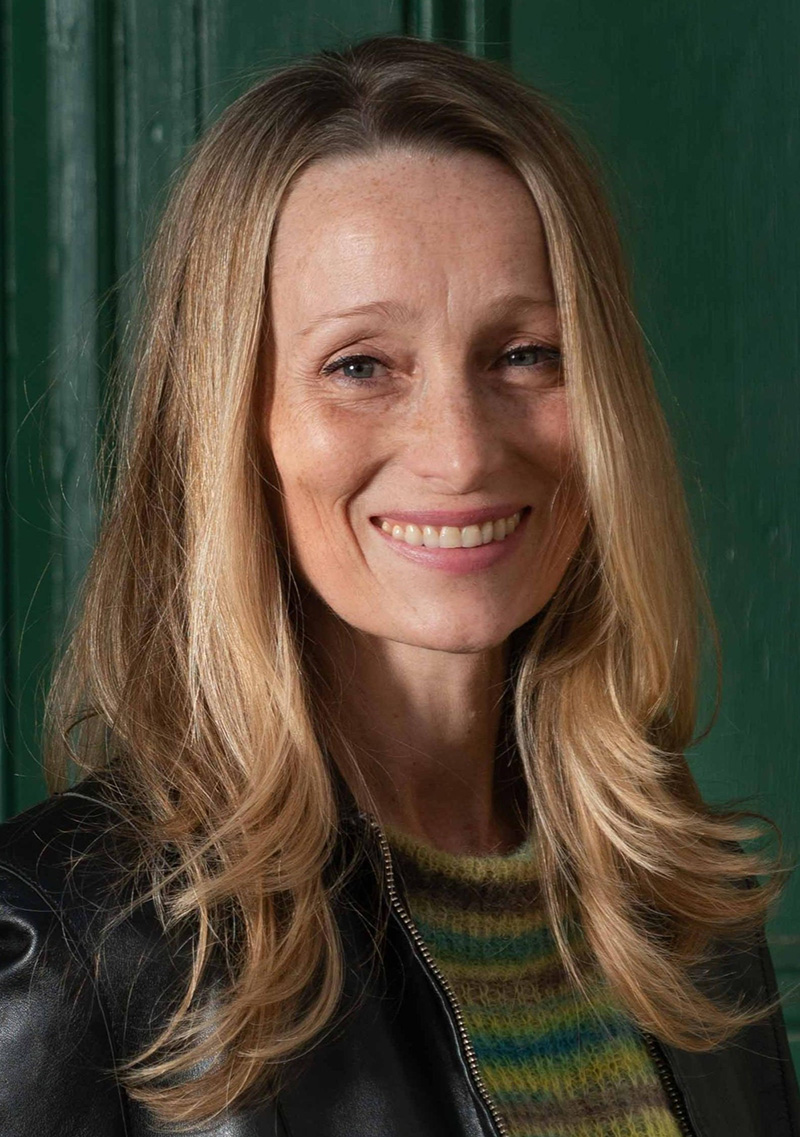“If the author does not spoon-feed his readers, neither shall I . . .”
Chico Buarque—the pen and stage name for Francisco Buarque de Hollanda—is a master of subtlety whose writing has a habit of revealing more on subsequent readings. In fact, I would go as far as to say that this is a defining feature of his work. He sets up his story, lets us begin to form assumptions, and then introduces new information that upends those assumptions. His readers must quickly regroup and come up with a new working theory, only to have the proverbial rug swept out from under their feet once again. And so he goes, line by line, thwarting expectations and reminding us that we are not in charge. He is.
This narrative architecture is incredibly tight. In “The Cousins from Campos,” as in his other stories, Buarque keeps his narrator naïve while providing just enough information for readers to feel like they’re one step ahead of him. This accretion of data is often incomplete, teased out over the course of the story, which weaves back and forth between lived experience, hazy memory, and dream.
As his translator, I find that this requires a tremendous amount of self-restraint; a keen attention not just to what the story says, but how it says it. If the author does not spoon-feed his readers, neither shall I, for that would spoil the very puzzle that the narrator himself is trying to piece together.
From a linguistic point of view, Buarque’s stories are also challenging. Steeped in Brazilian culture, they shift seamlessly from high to low register, from the erudite to the profane, and are shot through with the author’s characteristic self-deprecating humor. There are also intricate semantic networks of words that resonate together and speak to one another across the entirety of each story.
For example, quietly woven into “The Cousins from Campos” are nuances of race dynamics in contemporary Brazil, where the skin color and hair type of members of the narrator’s family are seen from differing points of view. The mother observes that her nephews from Campos always leave Rio with “wavy hair” and return with an “afro,” which says more about her relationship to them and to their mother than what their hair is actually like. Meanwhile her son, the narrator, refers to his own hair as “quite curly” but is surprised when his girlfriend refers to him as “Afro-Brazilian.” All of these words in the original are heavily coded in Brazilian society, often in ways that don’t align perfectly with their cognates in English, and lay bare the subjectivity with which the different characters see themselves and others. It took me quite some time to find the right balance of terms in English.
There is a moment at the end of the story where the narrator sees a newspaper clipping in Spanish about his father, a professional soccer player, and segues from Portuguese into Spanish as he reads the Colombian newspaper article. Because many of the words are the same or similar in both languages, readers of Portuguese can still parse the Spanish. In my translation, I kept in Spanish the words that I felt were transparent enough for Anglophone readers and dropped in some English so that readers of the translation would have more or less the same understanding of that passage as readers of the original. I decided to keep the photo caption “El Malabarista” [The Juggler] in Spanish—as it is in the original—knowing that it might be opaque for a good many readers of English, because I wanted to signal to the reader that they are actually “reading” Spanish, rather than Portuguese translated into English.
Alison Entrekin is an award-winning translator from Portuguese. She has translated many of Brazil’s most iconic and beloved literary works, such as Clarice Lispector’s Near to the Wild Heart (New Directions, 2012) and Paulo Lins’s City of God (Grove Atlantic, 2007). Her new translation of João Guimarães Rosa’s 1956 classic Vastlands: The Crossing (Grande Sertão: Veredas) is due for publication in 2026 by Simon & Schuster USA and Bloomsbury Publishing UK.
Alison Entrekin’s translation of Chico Buarque’s short story “The Cousins from Campos” appeared in NER 46.1.
